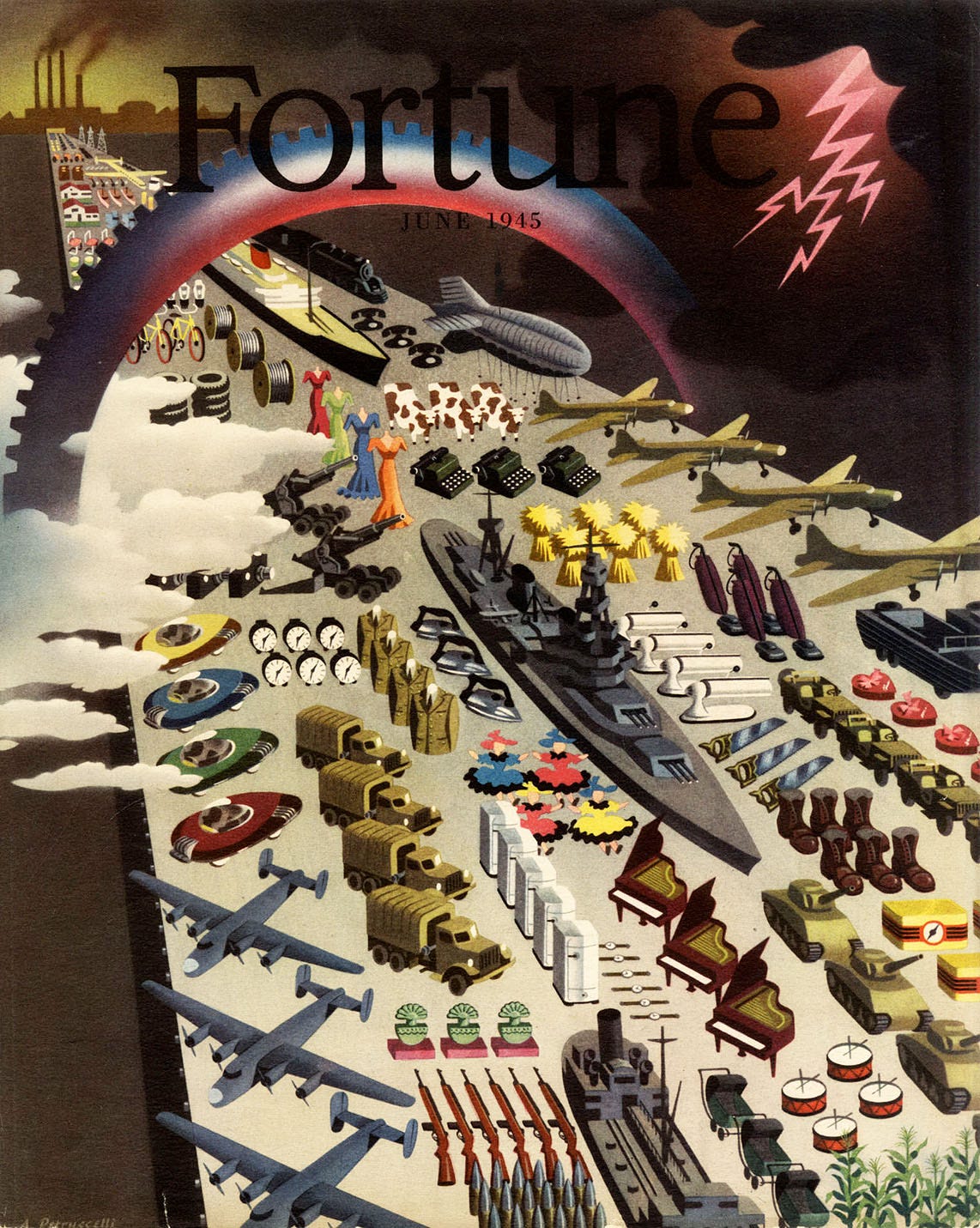Data, Power, And War
We’ve built a power structure that leaves the public good begging at the door. This must change.

Over the past few years I’ve been looking for a grand unifying theory that explains my growing discomfort with technology, an industry for which I’ve been a mostly unabashed cheerleader these past three decades.
I think it all comes down to how our society manages its most crucial new resource: Data.
That our largest technology companies have cornered the market on the data that powers our society’s most important functions is not in question. Who better than Amazon understands at-scale patterns in commerce (and with AWS, our demand for compute-related resources)? Who better than Google understands what products, services, and knowledge we want, and our path to finding them? Who better than Facebook understands our relationships to others and our interaction with (often bad) ideas? And who better than Apple (and Google) understand the applications, services, and entertainment we choose to engage with every day (not to mention our location, our ID, our most personal data, and on and on)?
These companies also dominate two crucial assets related to data: The compute power necessary to translate data into actionable insights, and the human talent required to leverage them both. Taken together, these three assets — massive amounts of data, massive compute platforms, and legions of highly trained engineers and data scientists — represent our society’s best path to understanding itself, and thereby improving all of our lives.
If anything should be defined as a public good — “a commodity or service provided without profit to all members of a society” — it should be the ability to study and understand society toward a goal of improving everyone’s lives.
…click on the above link to read the rest of the article…